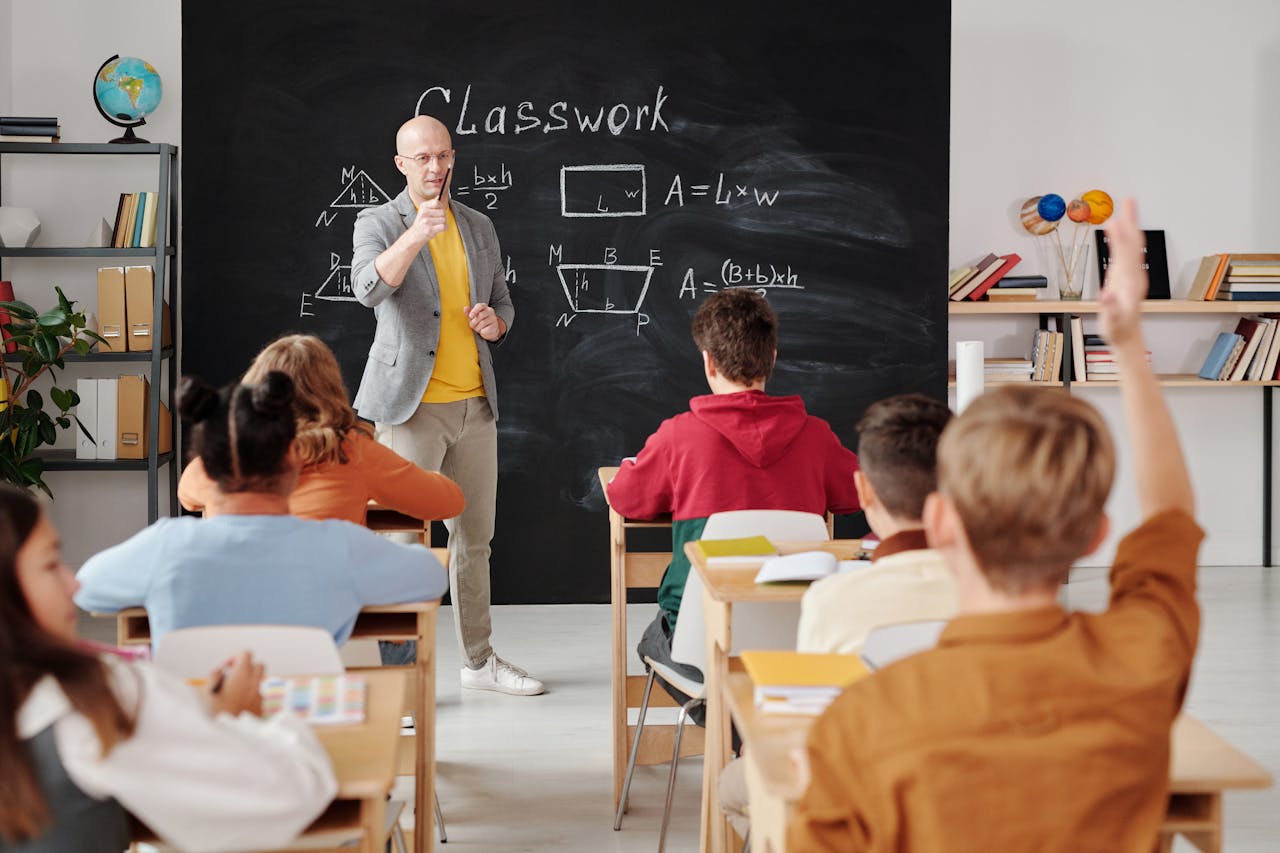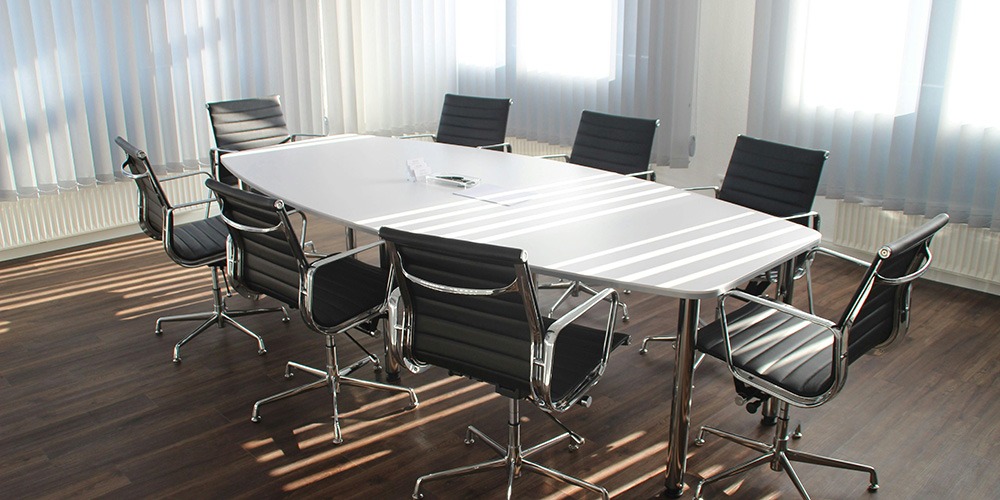Psych Tip of the Week – What is Seasonal Affective Disorder?
Each week we will be sharing a tip from our school psychologist, Mrs. Rollins.
This week we are talking about – What is Seasonal Affective Disorder?
A lot of us have experienced the “Winter Blues” where we dislike the shortened days or never-ending cold weather/snow of winter. However, Seasonal Affective Disorder or SAD is a specific type of Depression related to the change in season.
The onset of SAD is caused by the days being shorter going into the winter season and the decrease in light during the day which throws off serotonin/melatonin production. In other words, light gives your brain a signal that triggers the chemicals that control happiness and sleep. When these are off it can affect how someone experiences their life. This can happen in spring/summer, but less often.
Symptoms include: changes in mood like more irritability or crying, negative thinking or seeing problems with everything, increase in sleep with trouble waking up, cravings for junk food and sugar, lack of enjoyment from usual activities, low energy like it seems like their batteries are just running low, and trouble concentrating on school work.
While SAD is usually diagnosed in adults because they have more fixed patterns of emotions, SAD can also affect older children and teens. It’s diagnosed more in girls, but when it is diagnosed in boys it’s often more severe. When diagnosing be sure to rule out medical conditions with similar symptoms like hypothyroidism, hypoglycemia, or the effects of infectious mononucleosis.
The most common treatments for SAD are increasing light exposure (more info below), talk therapy to combat negative thinking patterns, medication to balance serotonin production in the brain, and light therapy where a person could sit in front of a special light box or panel that simulates having extra daylight for about 45 minutes.
How can parents give additional support?
- Increase light exposure by opening curtains more during the winter, do outdoor activities (walking, sledding, local park) in the winter even when cloudy, and consider using a “dawn simulator” wake-up alarm to trick the mind into waking up with the “sun”, plan a mid-winter trip to a sunnier climate if possible.
- Encourage eating a more balanced diet with fresh fruits and vegetables.
- Spend some one-to-one time with them or encourage connecting with family and friends that understand their condition to keep a sense of connection with others.
- Support them while doing homework to help their concentration.
- Establish a healthy sleep pattern. I have a previous psych tip that addresses this for more info.
- Be patient because even if you’ve done things to address it, it may take a bit for symptoms to ease.
Kids Health, Children’s Minnesota, and Healthy Children all have more resources for parents if you are interested.
Don’t forget to check out our Facebook, Instagram, or Twitter pages!
March 25th, 2025






